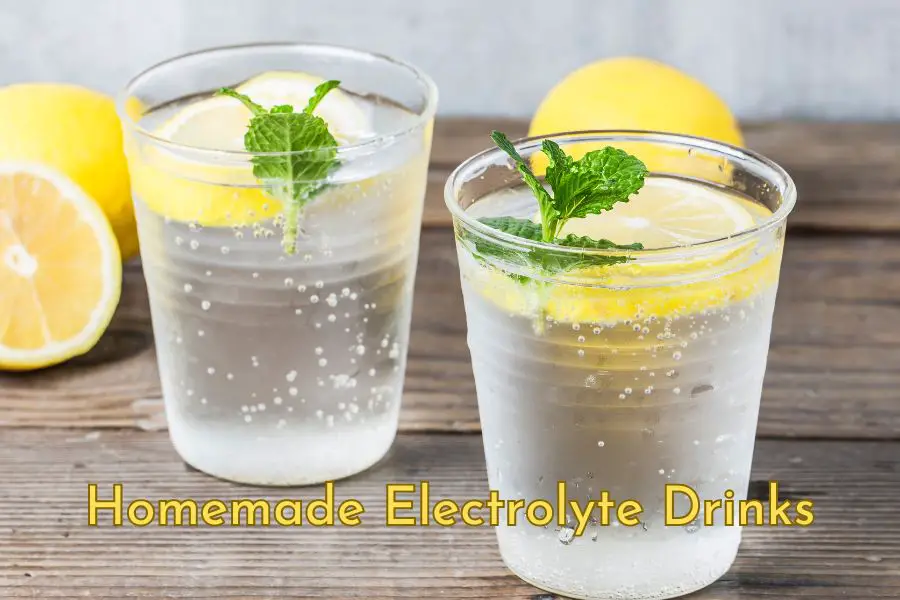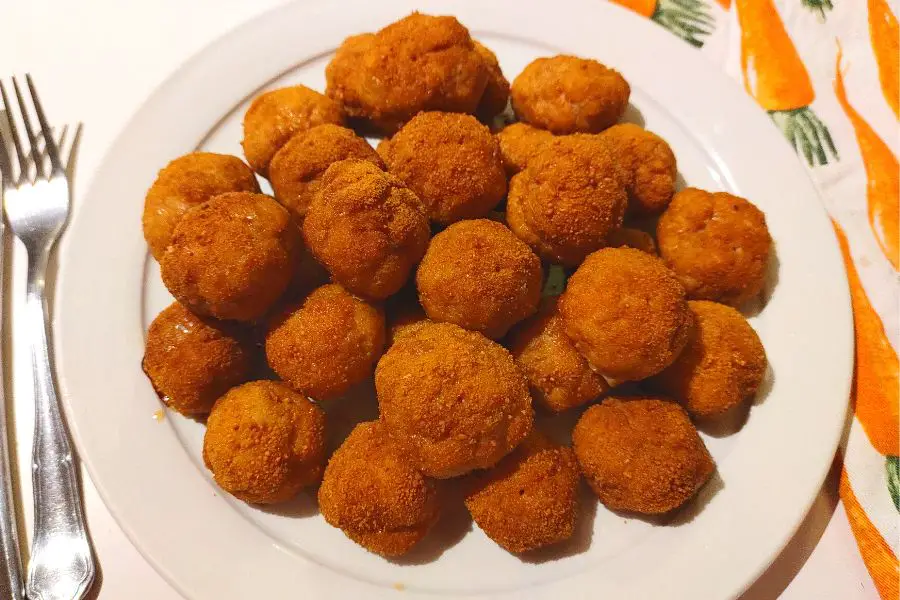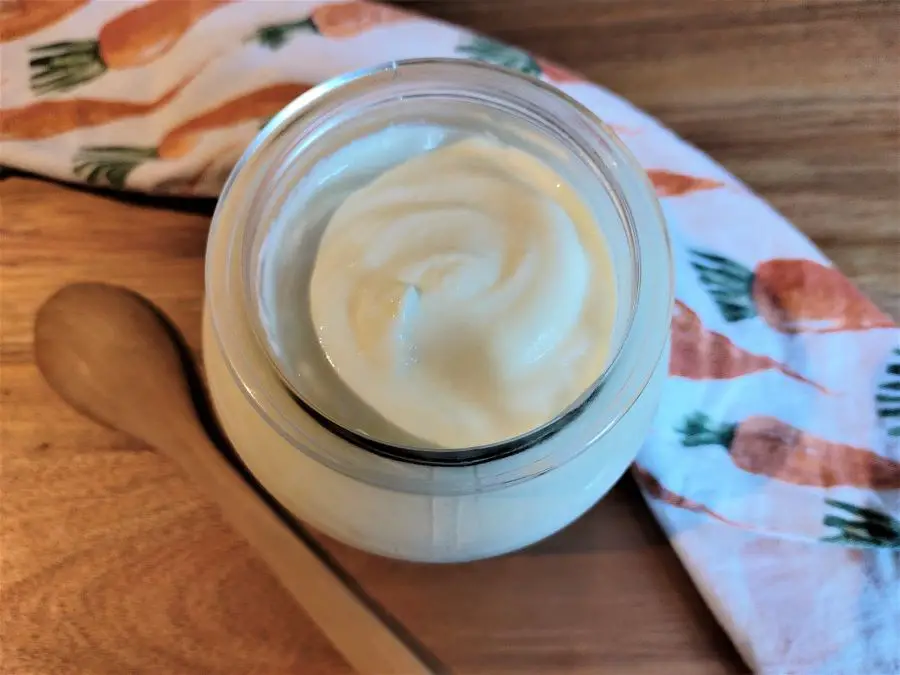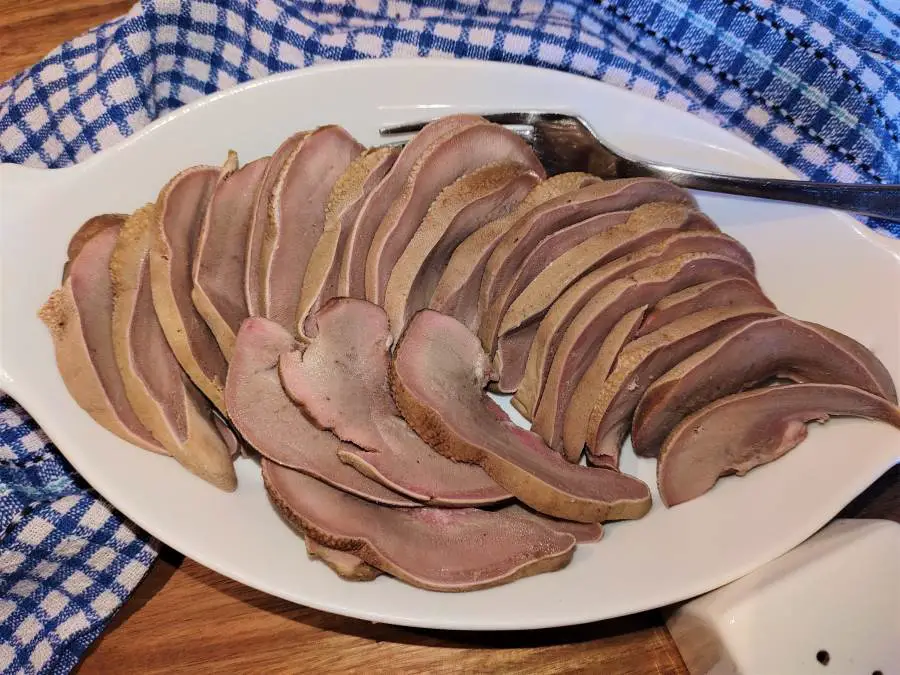If you feel you need extra electrolytes, check out five easy, healthy and natural ways to get sufficient electrolytes below.
Although food on the carnivore diet is not known as rich sources of electrolytes, people on the carnivore diet or a mostly meat-based diet have not demonstrated symptoms of electrolyte deficiencies or imbalances. Therefore, in our opinion, it is not necessary to take electrolyte supplements on a carnivore diet.
Only in rare cases, such as chronic diarrhea, frequent vomiting, extreme heat, illness (e.g. kidney diseases), or during intense workouts resulting in significant electrolyte loss through sweat, electrolyte supplements might be warranted.
Below are a few healthy ways to get additional electrolytes that are suitable for those who are on a strict carnivore diet as well as an animal-based diet.
1. Bone Broth
Bone broth is 100% carnivore and a great way to add electrolytes as well as other essential nutrients to your diet.
Depending on the ingredients and their quality (e.g. whether the bones have meat, tendon, and marrow), bone broth may contain the following nutrients: [1, 2]
- Amino acids including glutamine, glycine, proline, and arginine
- Collagen
- Fatty acids
- Calcium
- Sodium
- Magnesium
- Manganese
- Phosphorous
- Potassium
- Zinc
- Iron
- Copper
- Selenium
- Chlorine
- Glucosamine
- Chondroitin
With its rich nutritional profile, in addition to being a source of electrolytes, bone broth has many potential health benefits including improving joint, bone, and skin health; improving gut health; and supporting immune function. [3, 4, 5]
If you’re just starting with bone broth preparation, please check out this easy bone broth recipe complete with responses to many frequently asked questions about making bone broth.
If you are making bone broth to replenish your electrolytes, please consider:
- Using bones that have a bit of meat on to increase the electrolyte content of your broth
- Chilling the broth overnight and skimming off the solid fat on top to make it easier to drink.
2. Milk
Milk is a super nutritious food as well as another great source of electrolytes for those who follow a carnivore diet.
Milk is often hailed as one of nature’s best superfoods due to its rich and balanced nutritional profile. Packed with many nutrients such as complete proteins, quality fats, various essential vitamins and minerals and bioactive compounds, milk plays a crucial role in supporting bone health, promoting muscle growth, immune function, and bolstering overall well-being. [6, 7]
Below are the key nutrients found in milk: [8, 9, 10, 11, 12, 13, 14, 15, 16, 17, 18, 19, 20, 21, 22, 23, 24, 25, 26, 27, 28]
- Protein: Contains high-quality proteins that are essential for muscle growth and repair.
- Calcium: Rich in calcium which is important for building and maintaining strong bones and teeth.
- Phosphorus: Works with calcium to build and maintain strong bones and teeth.
- Potassium: Helps regulate blood pressure and fluid balance.
- Magnesium: Important for muscle and nerve function, as well as bone health.
- Zinc: Plays a role in immune function and wound healing.
- Copper: Plays a vital role in the body as a co-factor for various enzymes, contributing to processes such as energy production, iron metabolism, and the formation of connective tissues.
- Vitamin A: Essential for vision, immune function, and skin health.
- Vitamin D: Aids in the absorption of calcium and contributes to bone health.
- Vitamin B12: Important for the formation of red blood cells and neurological function.
- Riboflavin (Vitamin B2): Supports energy production and plays a role in maintaining healthy skin and eyes.
- Thiamine (Vitamin B1): Plays a crucial role in energy metabolism by helping convert carbohydrates into energy for the proper functioning of the nervous system and muscles.
- Pantothenic Acid (Vitamin B5): Serves a pivotal role in energy metabolism by assisting in the synthesis of fatty acids, the production of hormones, and the maintenance of healthy skin.
- Niacin (Vitamin B3): Supports energy metabolism and overall cellular health.
- Folate (Vitamin B9): Important for DNA synthesis and cell growth.
- Vitamin B6: Involved in brain development and function, as well as the production of neurotransmitters.
- Selenium: Acts as an antioxidant and supports immune function.
- Choline: Important for brain health and function.
- Iodine: Essential for thyroid function and the production of thyroid hormones.
As can be seen in the above list, with its super nutrient density, milk truly deserves to be called a super food. It also serves as an excellent source of electrolytes. A single cup of whole milk provides the following significant electrolytes: [29, 30, 31, 32]
- Sodium: 105 mg (4% DV)
- Chloride: 242 mg (11% DV)
- Potassium: 322.1mg (7% DV)
- Magnesium: 24.4mg (16% DV)
- Calcium: 275.7mg (21% DV)
- Phosphorous: 205mg (16% DV)
If you are not sensitive to dairy, milk is an excellent source of electrolytes and other essential nutrients. If you can obtain raw milk from a safe source, it is the best option to go for. Otherwise, opt for unhomogenized whole milk, which is the next least processed option.
3. Coconut, Lemon and Sea Salt
If you are on an animal-based diet and have no issue with handling a bit of plant-based food, electrolyte drink made from coconut water, lemon juice and sea salt not only tastes great but provides a natural source of electrolytes.
Ingredients:
- 2 cups coconut water
- 2 cups water
- 1/4 teaspoon sea salt or Himalayan salt
- Juice of one lemon
- 2/3 cup ice cubes
Instructions:
- In a jug, combine the coconut water and water.
- Add fresh lemon juice and salt and stir well to dissolve.
- Add ice cubes to the jug to chill the electrolyte drink.
- Stir again before serving to ensure all ingredients are well mixed.
Coconut water is a low-sugar beverage that provides a significant amount of potassium, sodium, and magnesium. On the other hand, lemon juice is exceptionally high in vitamin C and also contains trace amounts of other essential nutrients, including folate, vitamin B6, thiamine, potassium, magnesium, calcium, and phosphorus. [33, 34]
4. Lemon, Honey and Sea Salt
Ingredients:
- 4 cups of water
- 1/4 cup fresh lemon juice (about 2 lemons)
- 2 tablespoons raw honey
- 1/4 teaspoon sea salt
- 2/3 cup ice cubes
Instructions:
- In a jug, combine the water and fresh lemon juice.
- Add honey to the mixture and stir well until the honey is dissolved.
- Sprinkle in the sea salt and continue stirring to ensure even distribution.
- Add ice cubes to the jug to chill the electrolyte drink.
- Stir again before serving to make sure all ingredients are well mixed.
- Serve immediately or keep chilled in the fridge.
5. Salt, Potassium Citrate and Magnesium Malate
If you find yourself in need of an electrolyte drink on the go, especially during travel or hiking, you can make one using salt, potassium citrate, and magnesium malate powder. It’s worth noting, though, that while this DIY electrolyte drink is a convenient option, it may not offer the same health benefits as those crafted from the natural ingredients shown earlier.
Ingredients:
- 4 cups water
- 1/4 teaspoon salt (preferably sea salt or Himalayan salt)
- 1/4 teaspoon potassium citrate powder
- 1/4 teaspoon magnesium malate powder
- Natural sweetener like honey to taste (optional)
- Ice cubes (optional)
Instructions:
- In a jug, add water, salt, potassium citrate powder, and magnesium malate powder.
- If you prefer a slightly sweet taste, you can add a natural sweetener like raw honey. Adjust the sweetness according to your taste preferences but 2 tbs should be enough.
- Stir well to ensure that all the powders and sweeteners are fully dissolved.
- Add ice cubes to the jug to chill the electrolyte drink if desired.
Other posts you might be interested in:
Carnivore Meatball Snack Recipe
Delicious Homemade Corned Beef Tongue
How to Make Your Own Multi-Purpose Cream from Tallow
How to Make Your Own Homemade Laundry Detergent
Pure and Natural Homemade Deodorant for Carnivores
Homemade Toothpaste for Carnivores
What Is the Best Meat to Eat on the Carnivore Diet?
What Are the Best Ways to Cook Meat on the Carnivore Diet?
Disclaimer: The information in this post is for reference purposes only and is not intended to constitute or replace professional medical advice. Please consult a qualified medical professional before making any changes to your diet or lifestyle. Please check out our disclaimer for more detail.





